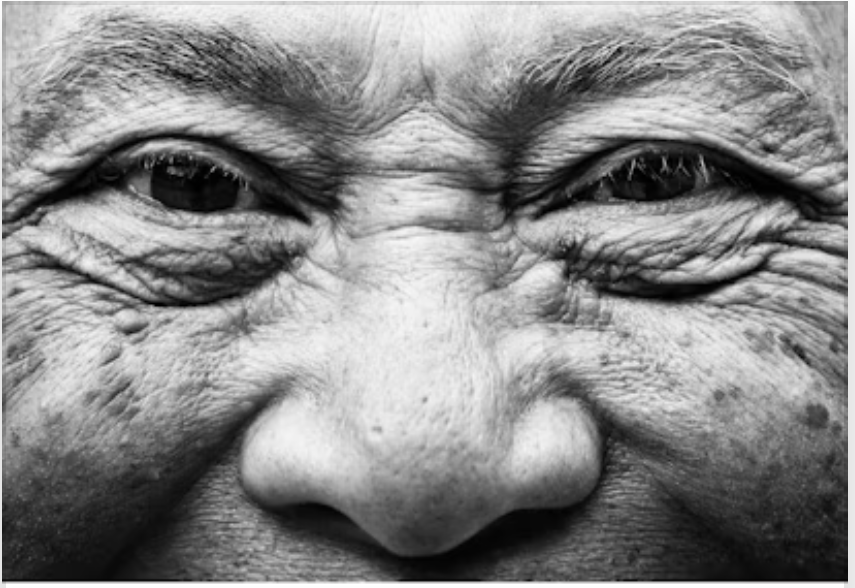

With President Barack Obama pushing for a path to citizenship for 11 million undocumented residents in the U.S., and a vocal opposition promising to challenge his plan, comprehensive immigration reform is taking center stage in American politics. The arguments often overlook an especially vulnerable group of migrants –– children. Since 2004, some 70,000 kids have immigrated on their own to the United States, without parents, guardians, or legal documents. Sometimes referred to as "the lost boys and girls of the Americas," their numbers are growing, with nearly 14,000 arriving in 2012 alone.
The rise is seen largely as a result of increasingly rampant and vicious crime, corruption, and poverty in El Salvador, Guatemala, Honduras, and Mexico –– four countries that together account for 97 percent of these "unaccompanied alien children." Fleeing dangerous conditions in their home countries and taking often harrowing journeys to enter the U.S., they're seeking a better life.
Are they getting it?
Assessing these children's health and access to health care is one way of answering that question, according to demographer and migration scholar Elizabeth G. Kennedy, a doctoral candidate in geography at UC Santa Barbara and San Diego State University. In a new article published online today by JAMA Pediatrics, Kennedy argues that an apparent dearth in mental health services for migrant youth is exacerbating existing problems and creating new ones –– for the kids and for the country at large.
"They're leaving conflict-torn countries and taking long, dangerous journeys. They get here and are supposed to receive mandated services, but in the area of mental health care, the facilities caring for them fall short. And no one knows what happens to most of them once they leave," Kennedy said. "What is happening? Are they getting an education? Are they adjusting? Often they're fending for themselves, they have mental health issues that are not diagnosed, and they are self-medicating in destructive ways.
"This is definitely something that hasn't received attention, and it should," she added. "Some would say ‘Well, it's a small population.' And it is, but they could potentially have a large impact, especially as they're becoming a part of our larger undocumented population."
Sent to live in short-term, temporary facilities while awaiting unification with family stateside –– or deportation proceedings sending them back to their countries –– alien children are under U.S. government care for approximately six to eight weeks. They're entitled to medical and mental health care for the duration. However, Kennedy said, it is unclear whether they're getting much of the latter.
Her article, "Unnecessary Suffering: Potential Unmet Mental Health Needs of Unaccompanied Alien Children," cites a Congressional study finding that, in fact, from 2004 to 2007 most of these youth weren't receiving any therapy: "75 percent did not have evidence of group counseling, and 56 percent did not have evidence of individual counseling."
"Of those who received counseling, whether it was evidence-based, conducted routinely, or led by a licensed practitioner, is not described," Kennedy wrote. "Therefore, beyond large gaps in how treatment is theoretically delivered, large gaps exist in actual treatment delivery."
Making a case for the benefits of early intervention –– to the U.S. as well as the kids –– Kennedy argues that mental health services should be given greater priority to prevent a potential trickle-down effect with major implications.
In 2012, 95 percent of unaccompanied alien children were released in the U.S. within weeks, she said, placed in homes with relatives or foster families while their immigration cases wind their way through the system. Frequently untracked once they leave the shelters, many of these children essentially go off the radar, absorbed into the undocumented population at large and unlikely to seek or secure treatment on their own.
It's not a stretch then, Kennedy asserted, to suggest that kids with mental health issues may see their conditions worsen. Early diagnosis and treatment are therefore critical, she said, noting that larger problems –– with accompanying larger price tags –– may otherwise ensue.
Kennedy's hope and article-ending plea is that unaccompanied alien children one day receive the extended services offered to a similar population: unaccompanied refugee minors, who are brought here at the government's behest to escape conditions very similar to those spurring Central American and Mexican children to flee on their own.
"Refugee minors are arranged for. We coordinate with refugee agencies abroad and bring them over when we're ready for them to be brought over, and they're entitled to the services of those in foster care until age 18 or 21, depending on the state," Kennedy explained. "Unaccompanied alien children make the decision to leave on their own –– they come here when they can no longer bear to stay where they are. And because of that, in most cases, they're not entitled to services after leaving a shelter in about six to eight weeks. If we're giving them care for just six weeks, we should be giving them the best care possible."
† Bottom image: When unaccompanied migrant children were asked what rights were important to them, they drew this picture first: soñar, or the right to dream. They also drew photos of the right to family, shelter, food, education, friendship, and health care.
Related Links



